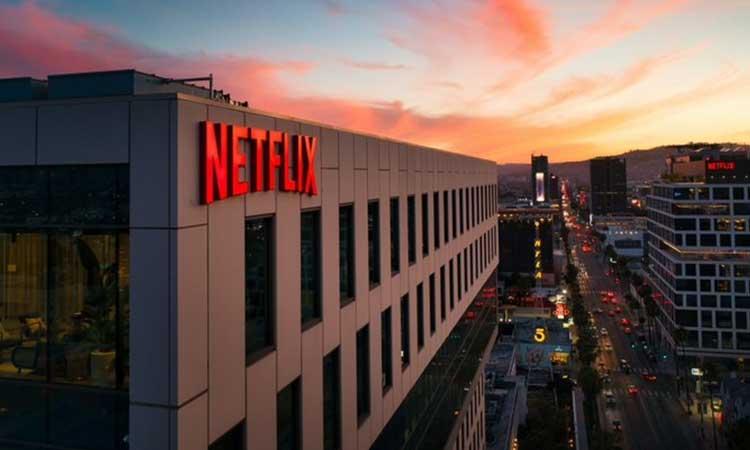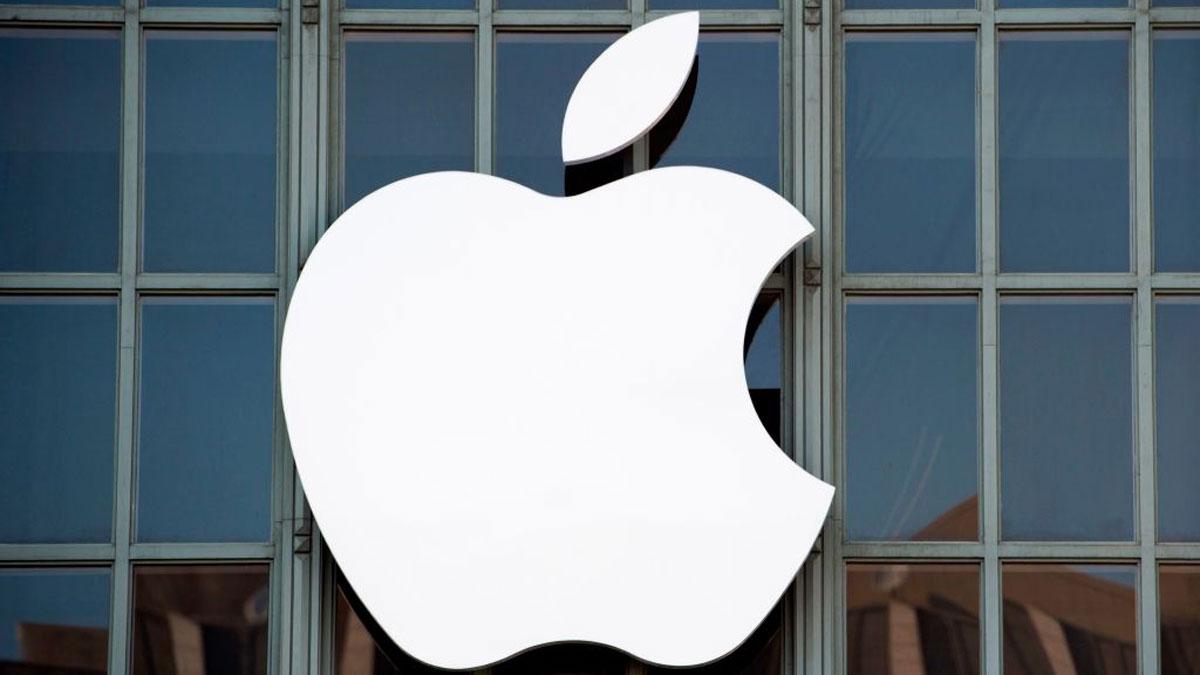Streaming giant Netflix on Thursday announced that it is rolling out paid password sharing, otherwise known as a crackdown on password sharing, to four more countries -- Canada, New Zealand, Portugal and Spain.
Previously, the company tested paid password sharing in select markets, including Chile, Costa Rica, Peru and elsewhere in Latin America.
"So over the last year, we've been exploring different approaches to address this issue in Latin America, and we're now ready to roll them out more broadly in the coming months, starting today in Canada, New Zealand, Portugal and Spain," said Netflix.
Also read |WhatsApp leads digital accessibility in India among top 10 apps
The crackdown on password sharing feature allows users to set primary location, which the streaming giant says, "will help members set this up, ensuring that anyone who lives in their household can use their Netflix account".
Moreover, subscribers can now easily manage who has access to their account from the new Manage Access and Devices page.
People using an account can now easily transfer a profile to a new account, which they pay for, keeping their personalised recommendations, viewing history, My List, saved games and more, said the company.
Also read |Twitter access restored in quake-hit Turkey
In December 2022, it was reported that Netflix was planning to put an end to its password-sharing feature in early 2023.
The company had long been aware that password sharing is a problem that negatively affects its earnings, but the rise in subscriptions in 2020 led the streaming giant to avoid addressing the issue.
Because of the revenue downfall last year and the platform's first subscriber loss in 10 years, Hastings decided that it was time to take action on the issue.


















